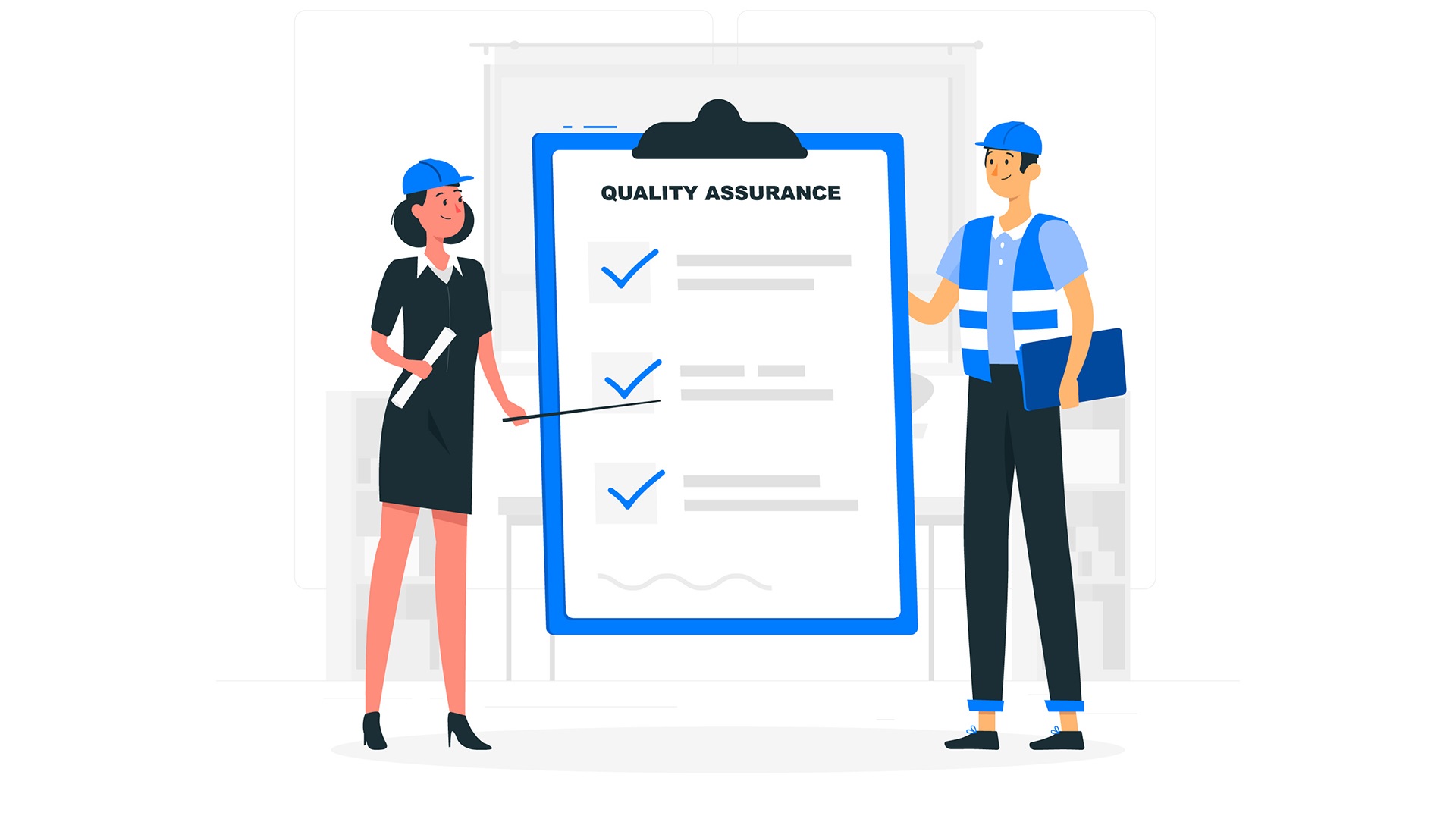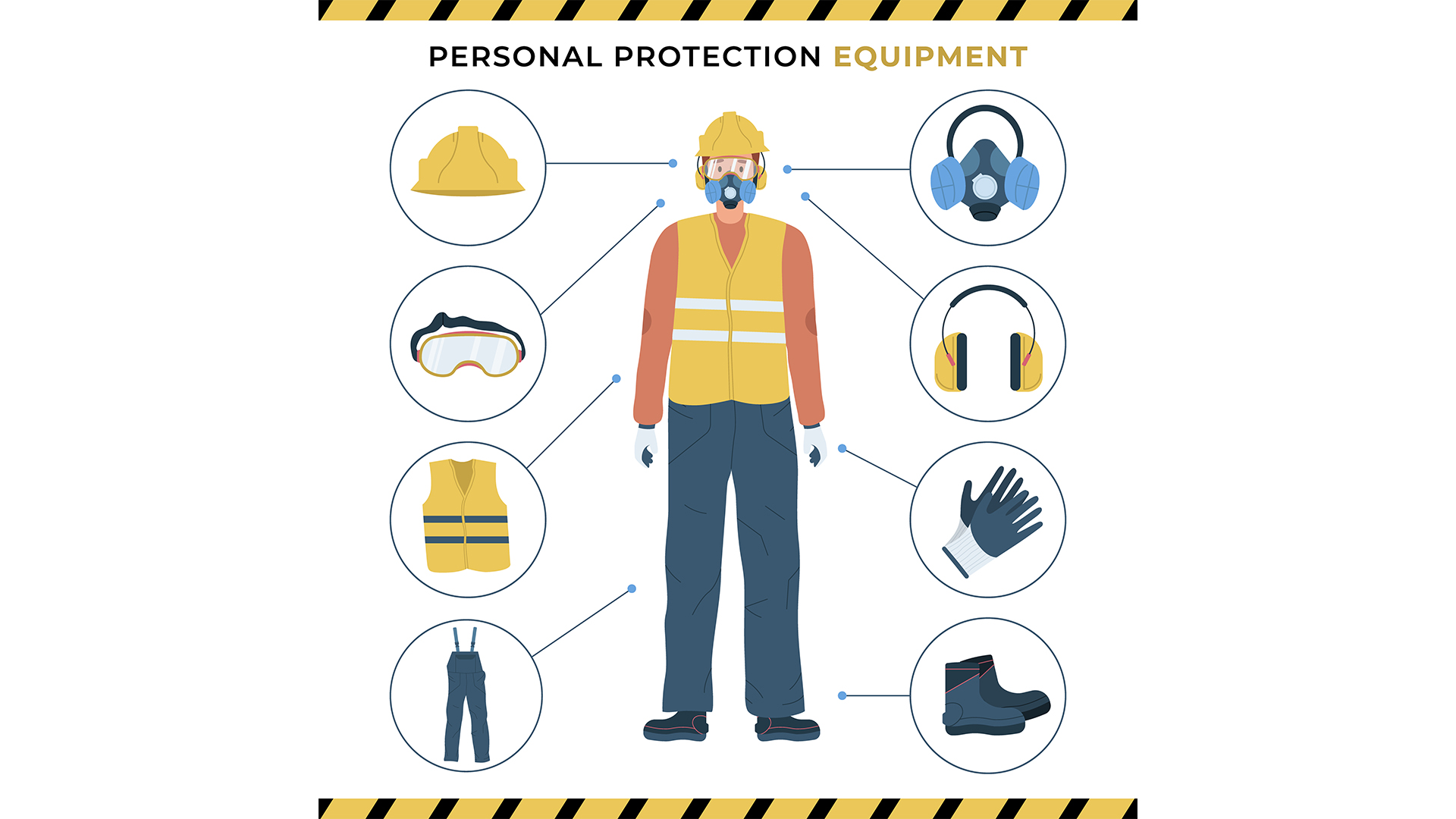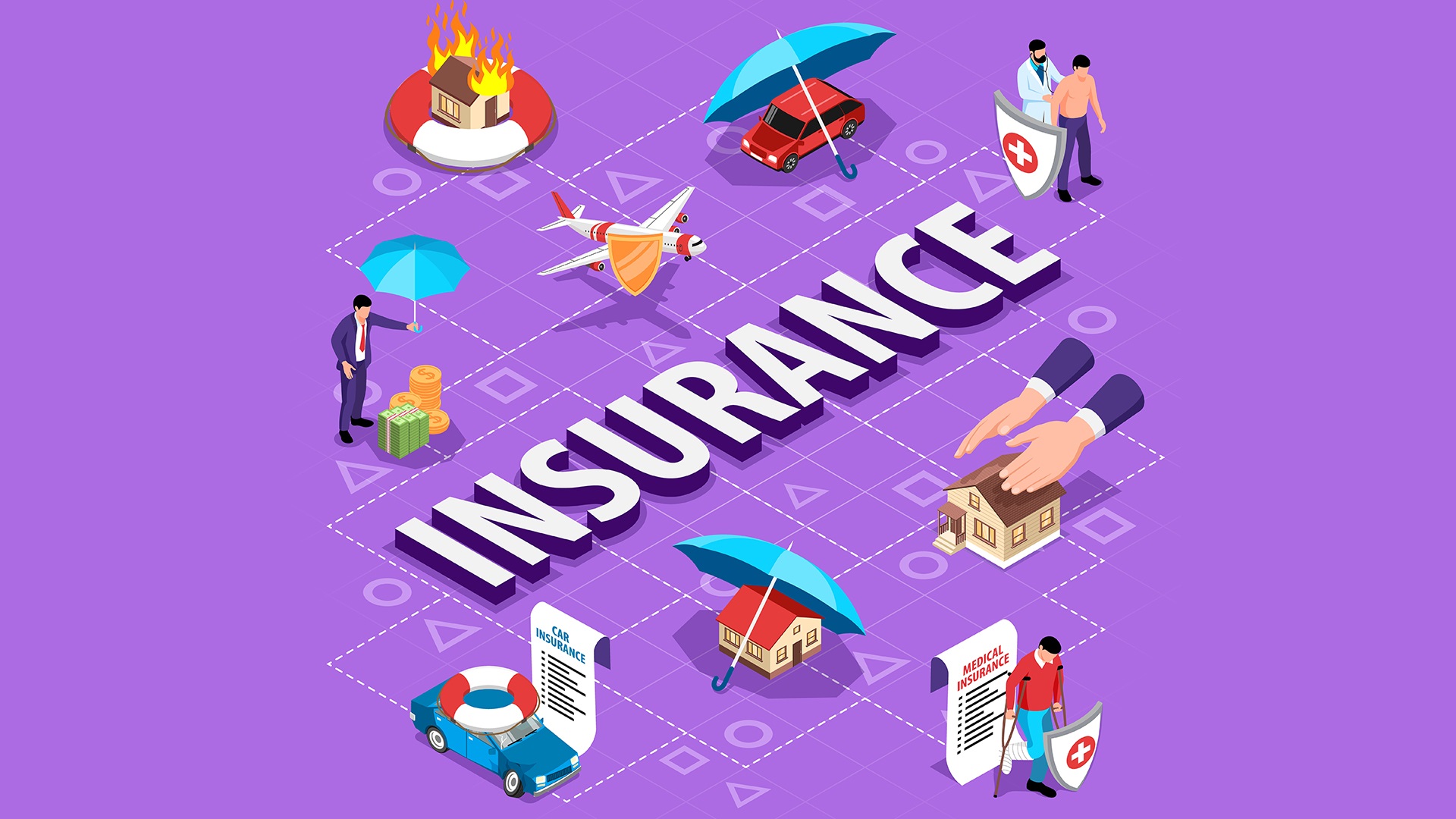
Quality Control: Unlock Your Quality Control Superpower
Course overview
A Certified Quality Inspector: What Is It? Acquiring the designation of Certified Quality Inspector facilitates the identification and recognition of industry-specific and current product standards for every category of products within your sector. The Certified Quality Inspector is an inspector who is capable of using the established and tested methods contained in the body of knowledge, supporting and working under the guidance of quality engineers, supervisors, or technicians.
Become a Certified Quality Inspector: What is the process? To become a Certified Quality Inspector, one must complete the following five steps: register with a Certified Quality Inspectorate, enroll in an educational program, enroll in a qualifying program offered by the Certified Quality Institute (CQI), Enroll in tests, and get success in them.
The individual who is presumably most closely involved in the routine tasks meant to guarantee that goods and services live up to consumer expectations is the quality inspector. The quality inspector must be knowledgeable about and proficient in a wide range of instruments and methods that are outlined in national standards and regulatory requirements unique to each country.
Technical math, metrology, inspection and test procedures, and quality assurance are examples of common and well-known generic tools and practices in the industry. Typically, quality inspectors support and collaborate with quality engineers and production/service delivery staff on the shop floor, as well as working with the quality function of organizations in various measurement and inspection facilities.
Support is provided to those who are doing this kind of job already or are getting ready to do so. Support services for the industry are meant to act as a complete reference for people getting ready for professional certification exams and as an easy-to-refer resource for quality inspectors and quality inspectors-in-training.
The algebra-based tests required to become a Certified Quality Inspector are based on real-world scenarios that arise in the quality industry. In order to prevent prospective problems from impeding the success of a project, course participants are trained to analyze potential problems in advance.
Obtaining certification as a Certified Quality Inspector enables you to identify quality issues and product deviations early on, preventing expensive product recalls and design specification changes.
As a result, this Training Bee training course will provide you the quick skills you need to identify deviations in product, quality, and design as well as provide you with a contextual understanding of how your company can guarantee the creation of an agile and flexible quality assurance plan.
Introduction
Welcome to the Quality Inspector Training Course. This extensive program is intended to give participants the fundamental knowledge, abilities, and tactics they need to succeed in the vital task of guaranteeing and upholding the quality of goods and services. This course is designed for people who want to improve their quality control and assurance skills or who want to become skilled quality inspectors.
High-quality goods and services are in high demand in today’s cutthroat business environment. In order to guarantee that businesses fulfill and surpass client expectations, follow industry guidelines, and continuously enhance their procedures, quality inspectors are essential. The goal of this training program is to give participants a thorough understanding of the fundamentals of quality inspection, sophisticated analytical methods, and the leadership abilities needed to maintain and improve quality standards.
We are The Training Bee, a global training and education firm providing services in many countries. We are specialized in capacity building and talent development solutions for individuals and organizations, with our highly customized programs and training sessions.
Learning Objectives
Upon completing Certified Quality Inspector (CQI), participants will be able to:
- Acquire the skills necessary to identify variances in design, quality, and product in all product categories within their particular enterprises.
- Additionally, it will promote understanding of the main quality assurance and control procedures used in typical organizational settings.
- To create a proactive culture of quality assurance, learn how to incorporate standards and procedures for quality assurance into the company culture.
- Develop your ability to constructively and consistently manage quality in order to meet all of the pertinent major objectives for your firm.
- Acknowledge how to identify and steer clear of typical mistakes when examining current quality assurance plans.
- Gain knowledge of the guidelines, process, and protocol for applying the Quality Assurance approach, as well as its possibilities and effects.
Our Unique Training Methodology
This interactive course comprises the following training methods:
- Journaling – This consists of setting a timer and letting your thoughts flow, unedited and unscripted recording events, ideas, and thoughts over a while, related to the topic.
- Social learning – Information and expertise exchanged amongst peers via computer-based technologies and interactive conversations including Blogging, instant messaging, and forums for debate in groups.
- Project-based learning
- Mind mapping and brainstorming – A session will be carried out between participants to uncover unique ideas, thoughts, and opinions having a quality discussion.
- Interactive sessions – The course will use informative lectures to introduce key concepts and theories related to the topic.
- Presentations – Participants will be presented with multimedia tools such as videos and graphics to enhance learning. These will be delivered engagingly and interactively.
Training Medium
This Certified Quality Inspector (CQI) training is designed in a way that it can be delivered face-to-face and virtually.
Course Duration
This training is versatile in its delivery. The training can be delivered as a full-fledged 40-hour training program or a 15- hours crash course covering 5 hours of content each day over 3 days
Pre-course Assessment
Before you enroll in this course all we wanted to know is your exact mindset and your way of thinking.
For that, we have designed this questionnaire attached below.
- Explain quality assurance in terms of the service or manufacturing sectors.
- Describe the role that quality assurance plays in guaranteeing the perfection of a product or service.
- Give definitions for “defect,” “non-conformance,” and “tolerance” in relation to quality control.
- Separate “quality assurance” from “quality control.”
- Describe how specifications and standards are used in quality assurance.
- Explain metrology and its role in quality control.
- Talk about how crucial precise measurements are to guaranteeing the quality of a product.
- What are the essential elements of an engineering drawing?
Course Modules
This Certified Quality Inspector (CQI) covers the following topics for understanding the essentials of the Agile Workplace:
Module 1 – INTRODUCTION
- History
- Approach
- Principles
- Philosophy
- Benefits
Module 2 – METROLOGY
- Adjustable Gauges
- Qualitative Gauges
- Gauges of Transfer
- Scales of Measurement
Module 3 – Assurance of Quality
- Constant Enhancement
- Central Tendency Metrics
- Finding the mean, median, and mode
- Dispersion metrics
Module 4 – SAMPLING
- Acceptance Quality Lower Limit
- Haphazard sampling
- Sizes of the Lot and Sample
- Number of Acceptance
Module 5 – Termology and Significance
- Technical illustrations
- Model-driven definitions
- Tolerancing and Geometric Dimensioning (GD&T)
- Notes, Specifics of Scale and Size
Module 6 – Planning and Procedures for Inspections
- Types of Inspections
- Inspection Mistakes
- Trackability of products
- Control of Age
- Duration of Shelf Life
Module 7 – SEVERITY LEVELS
- Meaning and Synopsis
- Critical Intensity
- Significant Severity
- Mild Intensity
Post-course Assessment
Participants need to complete an assessment post-course completion so our mentors will get to know their understanding of the course. A mentor will also have interrogative conversations with participants and provide valuable feedback.
- Talk about the advanced quality assurance methods that you learned in the course and how you may use them to improve the quality of your goods or services.
- Describe the integration of quality control systems with more comprehensive quality management systems.
- Talk about the advantages of a comprehensive strategy for quality assurance and control.
- Show how to use sophisticated statistical methods for Statistical Process Control (SPC).
- Talk about the ways that real-time data analytics may support manufacturing processes that are always being improved.
- Address a complicated quality issue using sophisticated root cause analysis techniques.
- Talk about the value of a thorough root cause analysis in stopping recurrent issues with quality.
- Show that you know how to use the sophisticated inspection tools that were covered in the course.
- Talk about situations when particular tools work better for particular kinds of inspections.
Lessons Learned
Holistic Approach to Quality: Participants recognize that a comprehensive strategy integrating different aspects of quality assurance and control is necessary to guarantee the quality of a product or service. They now see quality not as discrete activities but as a whole system.
Culture of Continuous Improvement: The significance of a culture of continuous improvement in quality inspection has been underlined throughout the course. Participants understand that proactive problem-solving, feedback loops, and innovation acceptance lead to long-term improvements in quality.
Advanced Analytical Techniques: Participants now possess advanced analytical abilities, especially in data analytics and statistical process control. They are aware of the power of data to influence choices and raise the standard of production procedures as a whole.
Analysis of the Root Causes Mastery: The training has given participants a strong foundation in root cause analysis. They understand the importance of going deep to find and treat the underlying causes of quality problems in order to stop them from happening again and to encourage long-term development.
Competency with Advanced Inspection Tools: Participants now know how to use advanced inspection tools with ease. Their comprehension of the subtleties involved in choosing and utilizing the appropriate instruments for particular inspection situations guarantees exactness and precision in measurements.
One of the most important lessons is the significance of strategic supplier quality management. Participants understand that providing high-quality products requires working with suppliers and putting strong quality standards in place throughout the supply chain.






